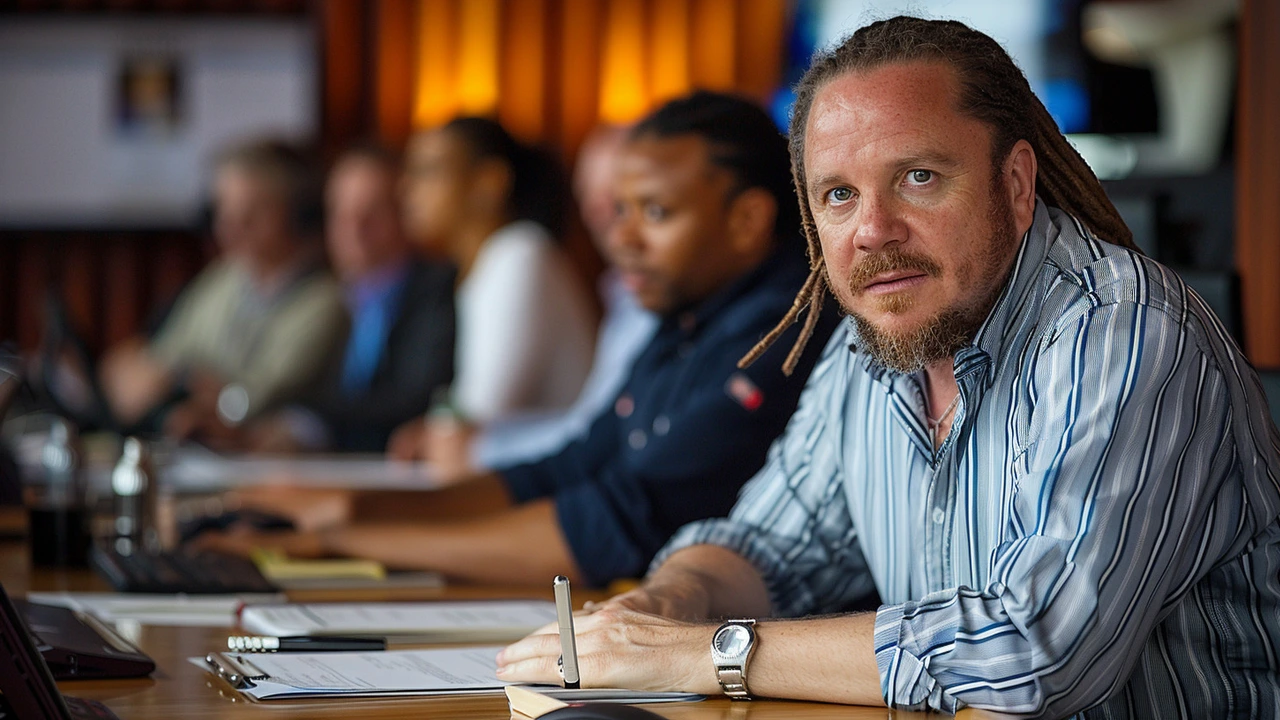Human Rights Commission: How It Protects Your Rights
When basic services fail or protests turn violent, the Human Rights Commission (HRC) is the place people turn to for answers. Think of the HRC as a watchdog that can investigate abuse, demand explanations from authorities, recommend fixes, and sometimes order urgent protections. If you live in Africa and have seen police brutality, forced evictions, or service delivery failures like road blockades and dangerous responses, the HRC is designed to help.
How to file a complaint
Start by being clear and factual. State what happened, when and where it happened, and who was involved. Gather any evidence you can: names, ID numbers, photos, medical reports, vehicle registration, and witness contact details. If you don’t have everything, still file — the HRC can often follow up. Most commissions accept complaints in person, by phone, by email or via an online form. If you can’t travel, many HRCs allow third-party or NGO submissions. Keep a copy of everything you send and note the date you submitted the complaint.
Make your complaint short but specific. Don’t write long emotion-only statements. Give clear incidents with dates and locations. If the matter is urgent — for example, someone is at risk of torture or eviction — say so immediately and ask for emergency measures.
What happens after you file
The HRC will usually screen the complaint for jurisdiction and urgency. If it accepts the case, they may open an investigation, call witnesses, request documents from authorities, and try mediation first. Timeframes vary: some simple cases are resolved in weeks, others take months. If the commission finds a violation, it can recommend remedies, disciplinary action, or compensation. Some countries give HRCs power to take cases to court or to force compliance; others rely on public pressure and official recommendations.
Worried about retaliation? Ask the commission about interim protection. Many HRCs can request that police or local officials pause harmful actions or protect complainants while the case is being investigated. If you fear for your safety, tell the commission right away and consider contacting a local NGO or lawyer for support.
Not sure when to get a lawyer or NGO involved? If the case involves physical harm, criminal acts, or imminent eviction, get legal help fast. NGOs can assist with paperwork, witness statements, and safety planning. Use them to strengthen your complaint and to push for faster action.
If the national HRC can’t help or you need higher intervention, some issues can be taken to regional bodies like the African Commission on Human and Peoples' Rights. Keep records, track deadlines, and follow up regularly with the HRC case officer handling your file. Simple habits — copies of documents, clear timelines, and contact details — make a big difference.
If you or your community face rights violations right now, contact your national Human Rights Commission today. Be specific, bring proof, ask for emergency protection if needed, and reach out to legal aid or local NGOs for backup.

South African MP Renaldo Gouws Faces Equality Court Over Alleged Hate Speech
South African MP Renaldo Gouws is being taken to the Equality Court by the SA Human Rights Commission over alleged hateful comments. His party, the Democratic Alliance, has suspended him following backlash over a resurfaced video. The SAHRC considers Gouws' comments as hate speech under the Promotion of Equality and Prevention of Unfair Discrimination Act.